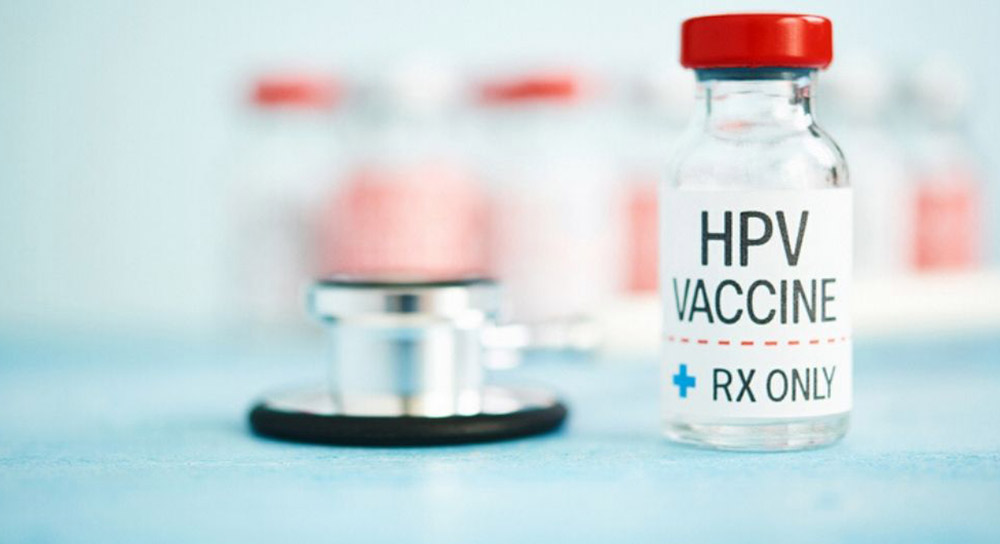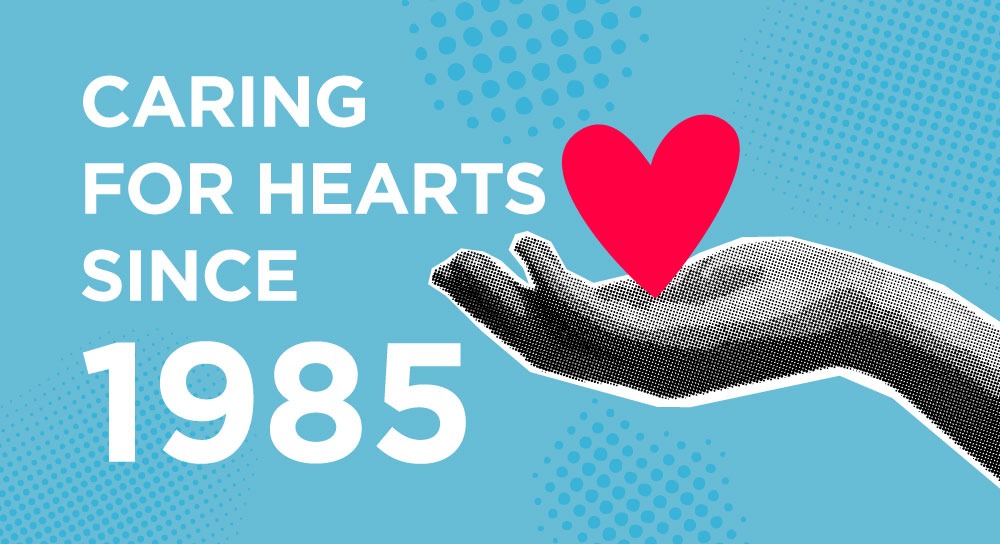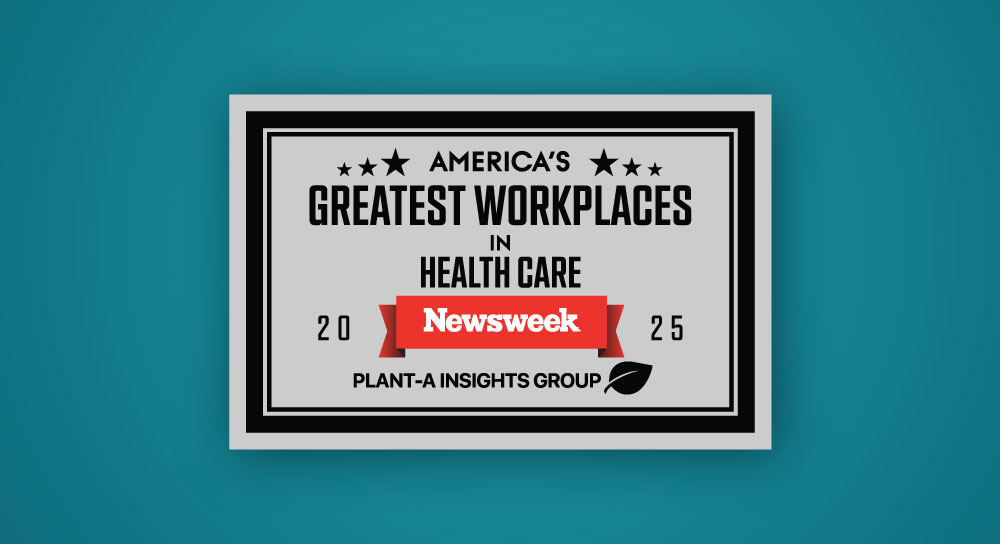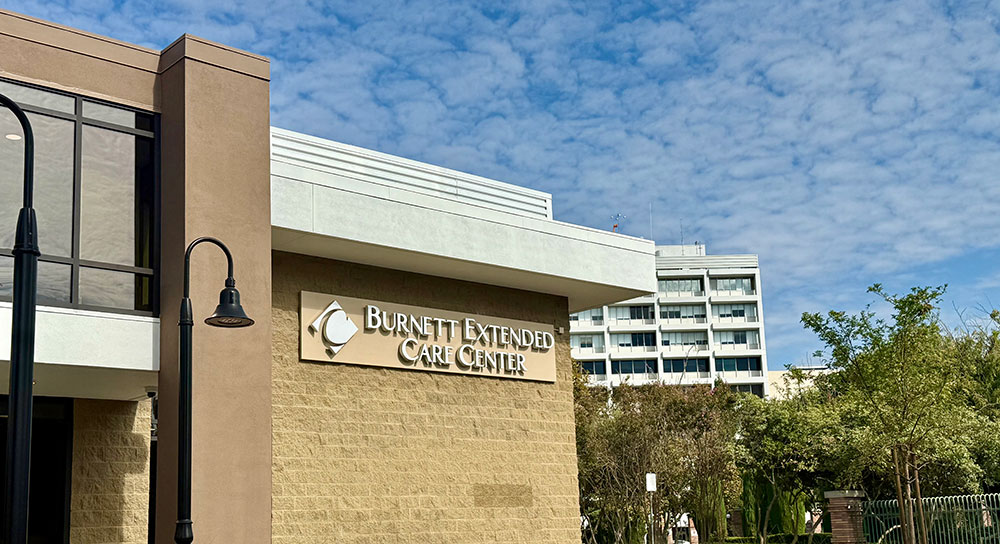The Human Papillomavirus (HPV) is a sexually transmitted disease that affects more than 14 million Americans each year, according to the Centers for Disease Control and Prevention (CDC). It’s also a major risk factor for several cancers in both men and women.
But recent updates to the HPV vaccination guidelines are giving more people the chance to prevent it.
Since 2014, the vaccine Gardasil 9 has been available for young people between the ages of nine and 26 to prevent certain cancers and diseases caused by nine of the HPV types. Recently the FDA approved men and women ages 27 to 45 to receive the vaccination as well.
What types of cancers can HPV cause?
According to the CDC, the vaccination provides safe, effective and long-lasting protection against the six cancers caused by HPV. Those cancers include:
Cervix, vagina and vulva cancers in women
Penis cancers in men
Anus and cancers in the back of the throat, including the base of the tongue and tonsils, in both men and women
If I’ve Been Infected With HPV, Will I Get Cancer?
There’s no way to determine which people who have HPV will develop cancer or other health problems, according to the CDC. People with weakened immune systems (including those with HIV/AIDS) may be less able to fight off HPV and are more likely to develop health problems because of it.
Can I be Screened for Cancer, Rather Than Getting the Vaccine?
While your primary care doctor can routinely screen for cervical cancer, there are no recommended cancer screening tests to detect the other five types of cancers caused by HPV. And they may not be detected until they cause health problems. The CDC recommends children get the HPV vaccination at age 11 or 12, so they’re fully protected years before becoming sexually active, to prevent these cancers from ever developing. Though the vaccine is most effective when given at younger ages, there are still benefits to getting it after the age of 26 in most cases.
Where Do I Go for More Information?
The CDC says that over 120 million doses of the HPV vaccine have been distributed since the vaccine was first licensed. And since then, HPV infections and cervical pre-cancers have dropped significantly. Among vaccinated women the percentage of cervical pre-cancers caused by HPV types dropped by 40%.
Speak with your primary care doctor if you’re interested in receiving the vaccine or have any questions.
Learn more: Watch this MedWatch Today segment to find out more about HPV vaccine guidelines






